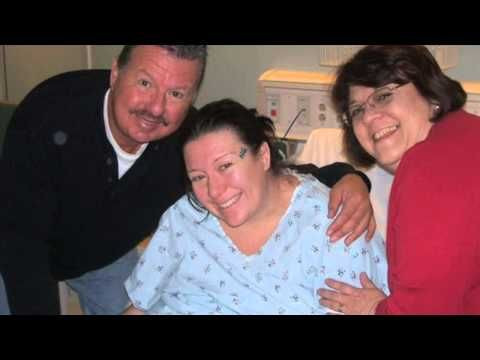What Are The Symptoms Of A Stroke? 73% People Don’t Know Even Though Immediate Treatment Is Crucial

Since the mid-1990s, strokes in people under 45 have been on the rise, up by as much as 53 percent. Yet, nearly three out of four young adults do not recognize stroke symptoms, a national survey conducted by UCLA finds.
Ischemic stroke can happen to anyone at any age, since it walks hand in hand with high blood pressure, smoking, diabetes, and obesity. Recent research even suggests people with sleep disorders may be at higher risk for stroke. Following the first signs of a stroke, a patient has just three hours to begin receiving medical care and restore blood flow to the brain in order to minimize or reverse damage. This "golden window," as doctors refer to it, is crucial. It can spell the difference between life and death…between severe disability and temporary illness.
Just remember the FAST rule. If you or someone near you experiences:
- Face drooping or
- Arm weakness or
- Speech difficulty, it's
- Time to call 9-1-1
"The longer patients wait, the more devastating the consequences," Dr. David Liebeskind, a professor of neurology at Ronald Reagan UCLA Medical Center, said in a statement.
Since recognizing stroke symptoms is critical, Liebeskind and his colleagues conducted a national survey of 1,009 adults across the nation. The researchers asked people what they would be likely to do within the first three hours of experiencing common symptoms of a stroke — weakness, numbness, difficulty speaking, or difficulty seeing.
Only about one out of three of those under age 45 said they would be very likely to go to the hospital, while 73 percent said they would likely wait to see if their symptoms improved. Experts estimate someone in the United States has a stroke every 40 seconds, totaling about 800,000 new stroke patients each year.
"Timely treatment for stroke is probably more important than for almost any other medical problem there is," said Liebeskind.
If you want to lower your risk for a stroke, he advises you eat a healthy diet and exercise regularly, while avoiding cigarettes and curtailing the happy hours.
One woman's personal experience of stroke will destroy any stereotype of this medical condition you may have. Jennifer Reilly, 27, woke in the middle of the night with an excruciating headache, which is a sign of stroke for many people. Watch the video to learn more.
Published by Medicaldaily.com



























